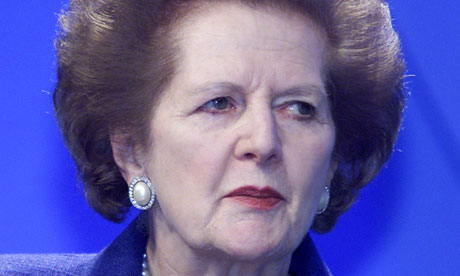ChatGPT
The phrase "It's not the figures lying but the liars figuring" is a clever play on words that highlights the concept that deceptive or misleading information doesn't originate from the numbers themselves, but rather from the individuals who manipulate or interpret those numbers to suit their agenda. In other words, the problem isn't with the data itself, but with the people who present or analyze it dishonestly. Let's explore this idea further with several examples:
Political Manipulation: Imagine a politician using unemployment statistics to make a false claim about job growth during their term in office. They might present the figures in a way that only highlights a specific time frame or excludes certain groups from the calculation, making the situation seem better than it actually is. In this case, the figures themselves aren't lying; it's the politician who is manipulating the data to create a deceptive narrative.
Marketing Deception: A company might advertise a product as "80% fat-free," emphasizing the low-fat aspect while conveniently ignoring that the product is loaded with sugar and unhealthy additives. The numeric figure (80%) isn't lying, but the company is deliberately omitting important information to mislead consumers about the overall healthiness of the product.
Financial Misrepresentation: An investment advisor might use historical stock market data to convince potential clients that their investment strategy has consistently yielded high returns. However, they might conveniently leave out the years of losses or market crashes that occurred in between those successful periods. The data itself is accurate, but the omission of crucial information makes the overall representation deceptive.
Media Manipulation: A news outlet could present crime statistics for a particular neighborhood, emphasizing a recent decrease in reported crimes. However, they might not mention that the police have changed their reporting methods, leading to a potential undercount of certain crimes. Here, the figures are accurate, but the media outlet is framing the information to create a misleading impression.
Scientific Distortion: A study might be conducted on a new drug, and the researchers focus solely on the positive outcomes for a specific subgroup of participants while ignoring negative effects in a larger group. The statistics accurately reflect the results among the subgroup, but the study as a whole is presented in a way that distorts the overall effectiveness and safety of the drug.
Historical Revisionism: A historian could present data on a historical event, emphasizing aspects that support a particular narrative while downplaying or ignoring contradictory evidence. This selective interpretation of historical figures and events can shape public understanding in a biased or misleading way.
In each of these examples, the underlying data or figures might be accurate, but it's the intentional manipulation, selective presentation, or omission of relevant information that leads to deception. The phrase "It's not the figures lying but the liars figuring" serves as a cautionary reminder to critically evaluate the context, interpretation, and motivations behind any presentation of information.
---Some more examples
Political Spin: During an election campaign, a candidate might boast about reducing the budget deficit by 50% during their tenure as mayor. While this figure is accurate, they conveniently omit the fact that the deficit was much higher when they took office, and their policies actually contributed to a slight increase in the deficit in recent years. The numbers themselves are true, but the candidate is shaping the narrative to make their performance seem more impressive than it is.
Food Labeling Tricks: A cereal brand advertises that it contains "only 10g of sugar per serving," giving the impression of a healthy breakfast option. However, they fail to mention that the serving size is half of what an average person would eat, making the actual sugar content much higher. The figure presented is true, but it's manipulated to deceive consumers about the product's nutritional value.
Stock Market Deception: A stockbroker promotes a trading strategy by highlighting a series of successful trades that generated substantial profits over a short period. What they don't disclose is that these successes were part of a high-risk gamble that wiped out most of their clients' investments in the long run. The actual trade figures are accurate, but the broker is manipulating the narrative to attract clients without revealing the full context.
Cherry-Picked Research Findings: A pharmaceutical company publishes a study showing that their new medication has a higher success rate compared to a placebo. They omit the fact that the medication also has severe side effects in a significant number of cases. While the success rate data is true, the company is selectively presenting only the positive outcomes to create a favorable impression of the drug's effectiveness.
Climate Change Denial: Critics of climate change might point to a period of unusually cold weather to argue that global warming is a hoax. They ignore the broader trend of rising global temperatures over decades, which is supported by extensive scientific data. While the localized cold weather figures are accurate, their selective use distorts the larger reality of climate change.
Historical Manipulation: A country's government downplays the atrocities committed during a war, emphasizing instances where their military acted heroically while omitting documented cases of civilian casualties. This skewed presentation of historical figures and events seeks to shape a more favorable national narrative, despite the factual accuracy of the individual incidents mentioned.

